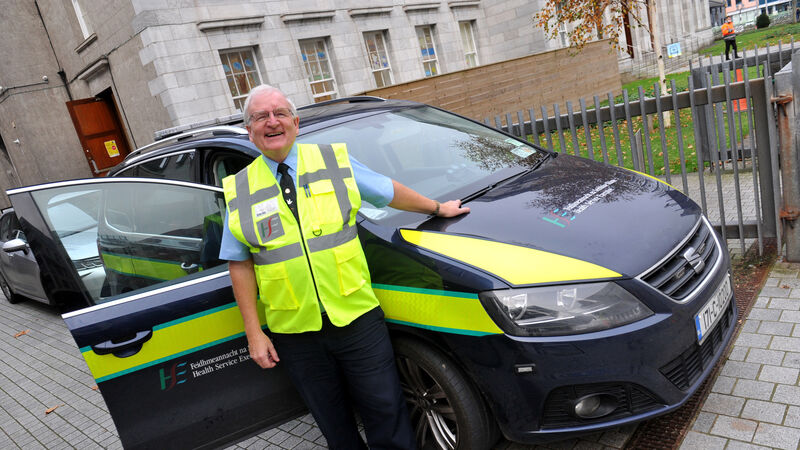'I often meet people at rock bottom.' The hospital porter changing people's lives

Frank Higgins, Cork University Hospital. Hospital porter/driver for HSE.
Frank Higgins says: “If you’re in Cork University Hospital, and you can’t get home or you have a problem, well, you haven’t got a problem, because they’ll phone me and I will sort your problem, end of story.
“If it can be done, I will get it done.”











